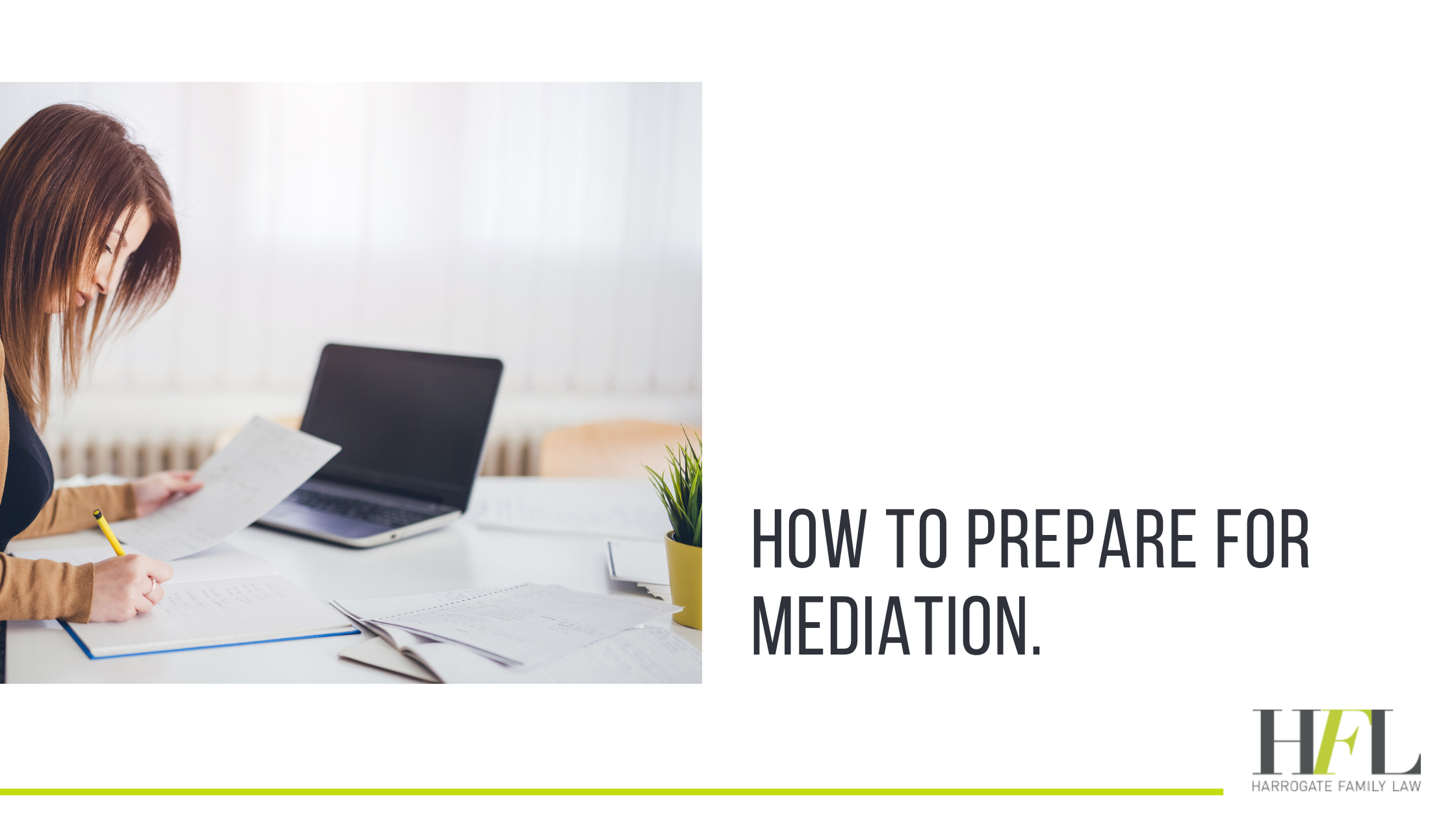In 2024, the government announced it wouldn’t be moving forward with proposals to make mediation compulsory for separating couples. However, far from being a carte blanche recommendation for those couples to resolve their differences in the courtroom, other changes ensured the message was clear: mediation must be considered before a case is taken to court.
Undoubtedly, the cultural shift towards keeping family matters out of court continues. And it’s not difficult to see why. The backlog and delays that courts are seeing post-COVID, the costs of protracted proceedings and the impact they can have on children are all valid concerns.
The bottom line? If you’re currently going through a divorce or contemplating a separation, mediation will likely be something you’ll need to consider. As we mark Family Mediation Week, here are our top tips for being prepared and having the best chance of a successful outcome.
Be clear on the issues
What are the issues that need to be ironed out? What are the areas of contention not just for you but for your ex, too?
It might be the arrangements for the children or the family home, or perhaps there’s some negotiation to be done around a financial settlement. It might even be all of those things and more.
Write it all down. Having a list of things can help you stay focused and keep discussions on track during the session.
Get the facts right
For mediation to work, you need to deal with facts. You should be clear on mortgage payments, redemption figures, pension amounts, and accurate income.
Documentation can help here, so ensure you’ve got any back or mortgage statements you might need to refer to and get familiar with them. Once you know the facts and figures, you’ll feel more confident making your points and asking the right questions.
Set your boundaries
Once you’re clear on what you need to work through, you’ll need to consider your position. What would your ideal outcome be? What are the non-negotiables, and where might the compromises be?
This is one of the reasons why seeking early advice from a solicitor is helpful, as you’ll have a better idea of what to expect and whether your expectations are reasonable in the circumstances.
This brings us nicely to our next tip.
Be realistic
Whilst it might not be what you want to hear, for mediation to be successful, you need to be realistic with your expectations – regardless of your feelings towards your ex-partner.
Mediation is about agreeing on outcomes that will work for both parties; it’s not about ‘winning’ or ‘losing’.
There’s little point in trying to ‘fight’ for something that’s simply not going to happen (again, this is where the advice from a solicitor can put you in the know). You won’t get anywhere if you go into mediation with zero intention even to consider a compromise. Keep an open mind and be prepared to listen.
Give it time
Remember that mediation isn’t an overnight solution. Some decisions and agreements take longer to come to than others. Leave time between sessions to think about what’s been discussed, and if you’re unsure about anything, seek legal advice. Doing this will also allow you to recognise when the process isn’t working and take advice about whether there’s merit in continuing with the sessions.
In addition, remember to take care of yourself. Mediation can be emotionally tiring, so leave plenty of time on either side of your mediation sessions. It’s always advisable to give yourself that breathing space before and after.
Mediation has proved to be an effective path to resolution in many cases, but it’s not suitable for everyone or every case. In the first instance, speaking to a solicitor for advice on the best course of action for you and your circumstances is always advisable.
Speak to our team today for the support you need every step of the way.






